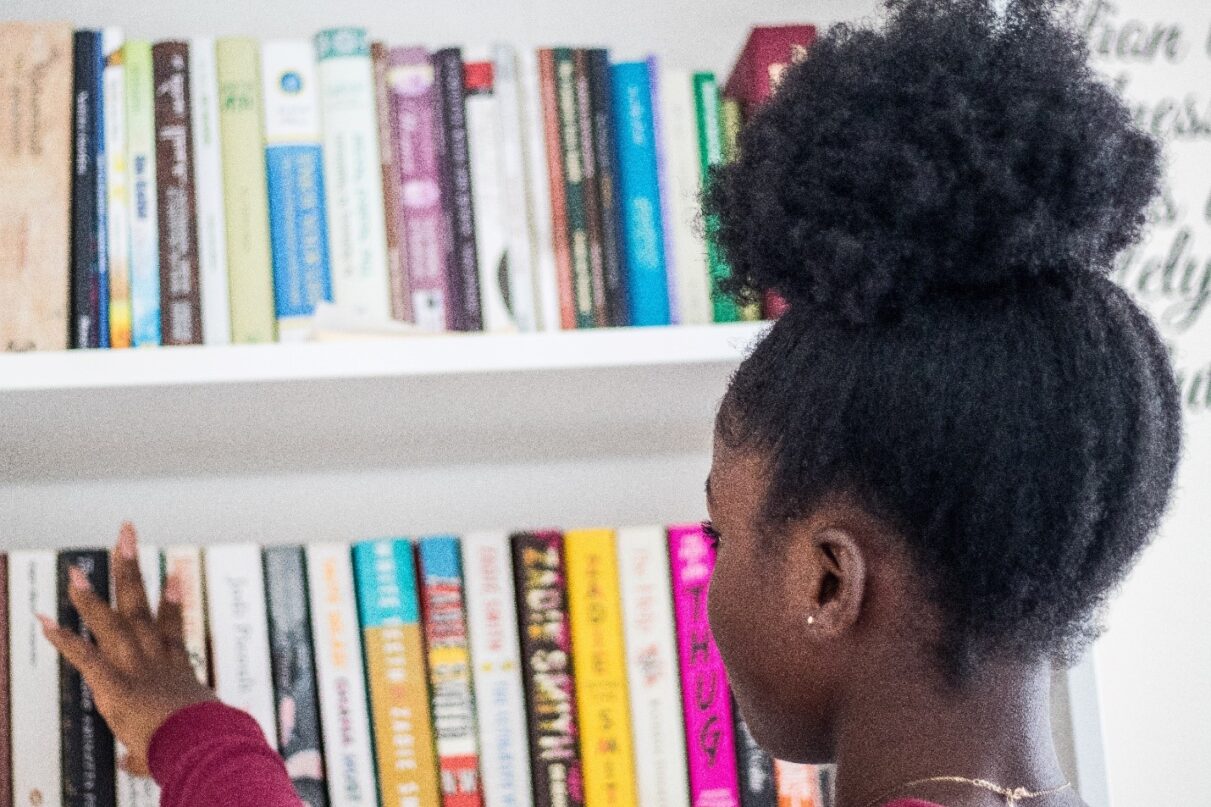Want to learn the ins and outs of children’s book creation? Kids and teens are some of the most avid readers because of this very reason you’re considering them. But you should be aware that producing high-quality children’s literature is complex, especially for beginners.
You can sit down and write a children’s book in no time, and with some advice and editing. It will be good enough to attract thousands of young readers.
Luckily for all the writer’s market, we’re here to help. Everything you need to know to write a children’s book is in this post.
06 incredible ways to write a storybook for kids
Find an interesting idea
You presumably have some idea already, but it may use some polishing.
It may seem obvious to look into what’s already been written before devoting time to a new book. Yet many authors need to do this. This is just some quick, two-minute research that will give you an overview of the books in the market. Numerous authors eventually learn that their subject mostly covers extensively elsewhere. That’s not necessarily a bad thing, in fact, it shows that kids are in reading materials on the subject. The key is to find the one thing that sets your story apart. Perhaps your narrative stands apart from the rest. Because of an unexpected twist at the end. Or it is aimed at a different age range altogether. You must change one thing to make it stand out from similar novels.
If you are having difficulty coming up with an idea. Thinking back to the books you enjoyed reading when you were their age can help you develop an excellent concept for a story to tell.
Use a universal theme Storybook for kids
Now, children’s book concepts, when first encountered, may appear imaginative, creative, and unique. When you get past the colourful details of a children’s book. You’ll find that there always tends to be a universal theme. For example, its underlying messages about the value of friendship. And the necessity of acts of kindness. It is a timeless truth that applies to people of all ages and backgrounds. The best novels for kids include themes that resonate with and motivate the kids who read them.
Choose the right age group
Knowing who will read your children’s book will help you shape the story and make it more engaging. You may be looking to attract people everywhere from birth to age 18. Knowing the age range of your intended readers will help you tailor your message to them. But age isn’t the only consideration. It would help if you also considered the topic, length, style, and complexity levels of your audience. When you know these factors, you can “write to the market,” increasing the likelihood that your book will be purchased.
Careful with a rhyme to the storybook for kids
Have you been debating whether or not to include rhyme in your children’s book? Perhaps the rhythm is appealing, but you’re hesitant to apply it since you’ve heard that. Some classic pieces of advice include. “editors and agencies dislike rhyming,” “rhyme is tough to sell,” and “you should rewrite all your manuscripts in prose.” The suggestion to rethink your children’s book’s rhyme scheme is sound advice. Rhyming well is difficult. moreover, editors and agents who specialise in children’s books will be able to recognise a terrible or derivative rhyme a mile away. It’s important to note that there are some exceptions.
Make memorable characters
Knowing your audience is crucial in this respect. Younger readers and viewers naturally look up to slightly older characters as role models. As younger children are often inspired by their older siblings. The characters shouldn’t be so drastically different from one another that the readers can’t relate to them.
Secondly, refrain from assuming that since you’re writing a storybook for kids, you can get away with crafting bland characters. An excellent character in a children’s book. It will have its own unique set of qualities that make them enjoyable to the reader. Kids are more likely to relate to characters they recognise. As a final piece of advice, try not to have your characters be too average.
Hire a professional writer
If you still believe your children’s book needs. It works despite seeking criticism and performing significant self-editing. You may look into working with a professional children’s editor. Their wealth of expertise is in the spotlight. It can help you create a better story and ensure your book is ready for publication.

